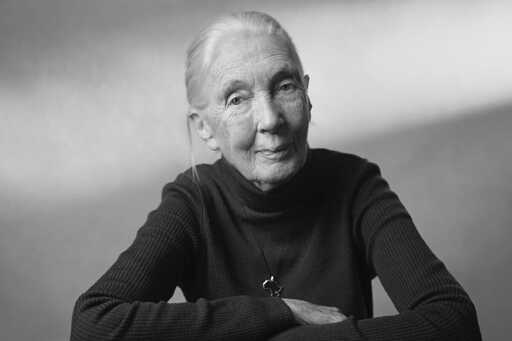Jane Goodall, who revealed the intimate lives of chimpanzees and gave the modern world a language of hope, has died at the age of 91. When she stepped into the forests of Gombe, Tanzania, in 1960, she carried little more than a notebook, binoculars, and an unlikely determination. She was not a scientist by training, but just a young woman from Bournemouth with a childhood fascination for Africa, encouraged by a mother who told her never to give up. Within a few years she had overturned long-held certainties. Her observations showed that chimpanzees were not mere instinctive creatures but rather societies of individuals: affectionate, ambitious, grieving, even warlike. They made and used tools, once thought the exclusive preserve of humans. Louis Leakey, the anthropologist who had sent her to Gombe, declared that her findings required humanity either to redefine man, redefine tool, or accept chimpanzees as human. For many, such discoveries would have been achievement enough. For Goodall, they were only a beginning. When she saw forests vanish and chimpanzee numbers fall, she shifted from science to advocacy. She founded the Jane Goodall Institute, launched sanctuaries, and created community programs that married conservation to human development. In 1991 she started Roots & Shoots, a movement that grew into tens of thousands of youth groups across more than a hundred countries. Where others lectured about despair, she insisted on nurturing hope. She was tireless. Into her ninth decade, she circled the planet on near-constant tours, urging audiences to act and telling…This article was originally published on Mongabay
From Conservation news via this RSS feed


